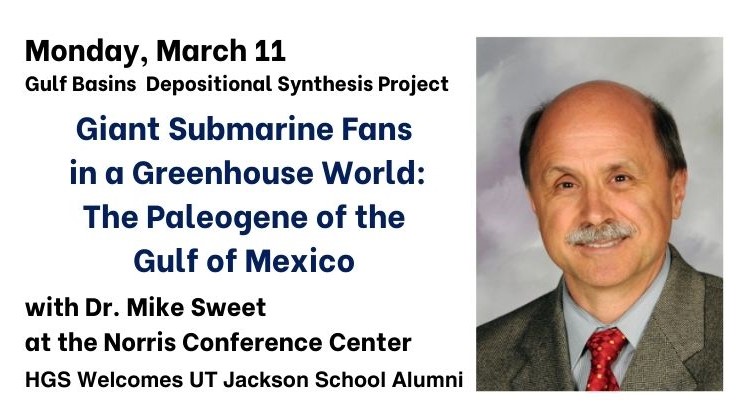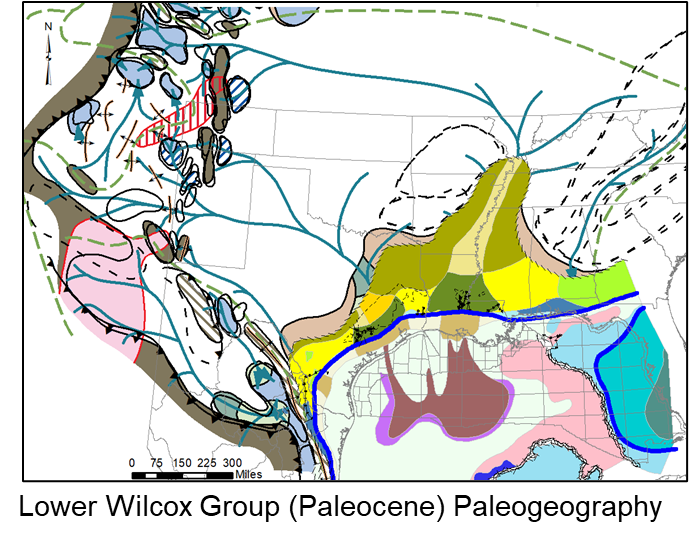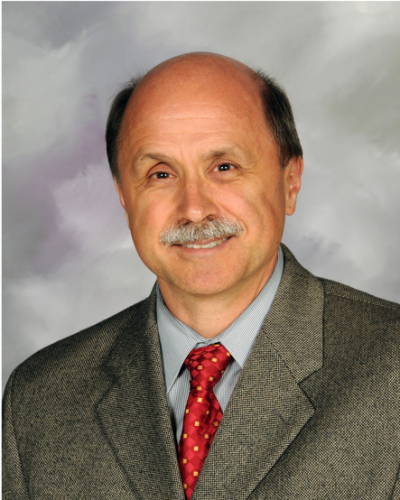HGS Dinner- Giant Submarine Fans of the GOM
In order to register, please click login to either sign in to an existing account or create a user profile. Go to the HGS home page and login with your user name and password and then return to this page in order to register as a member or guest of a member. For help registering contact the HGS office or email webmaster@hgs.org. Thank you!
Monday, March 11
ROOM • Norris Conference Center • 816 Town and Country Blvd #210
Site Map • Floor Plan
Social Hour 5:30–6:30 pm
Dinner 6:30–7:30 pm, Presentation 7:30- 9:00 pm
Member/Emeritus/ Honorary Life- $65.00 Non-Member- $75.00 Student- $65.00
To guarantee a seat, you must pre-register on the HGS website and pay with a credit card. You may walk up and pay at the door if extra seats are available. Please cancel by phone or email within 24 hours before the event for a refund. Online & pre-registration closes Monday, March 11 at 5:00 a.m.
Speaker: Mike Sweet
Jackson School of Geosciences, UT Austin
WELCOME JACKSON SCHOOL ALUMNI TO THIS MEETING!!!

Giant Submarine Fans in a Greenhouse World – The Paleogene of the Gulf of Mexico.
During the Paleogene of North America, Laramide uplift; a warm, humid climate; very large rivers; long-lived submarine canyons and relatively stable sea level created the most favorable conditions of the Cenozoic in North America for the development of submarine fans. These conditions are recorded in the Paleogene Wilcox Group. A century of outcrop and subsurface mapping and a robust database of subsurface data make the Wilcox Group a unique laboratory to explore the controls on a continent-scale depositional system in a Greenhouse climate.

The Wilcox Group spans about 18 million years of the Paleocene and Eocene. During this time 800,000 km3 of sediment were deposited in the northern Gulf of Mexico Basin. Sixty-four percent of this sediment was deposited in deep-water depositional environments. Strikingly 44% of the total sand deposited in the northern Gulf of Mexico Basin was deposited in deep-water, a significantly higher volume than seen later in the Cenozoic. Wells drilled into these submarine fans have encountered impressive thicknesses of sandstone. For example, the Leopard well (Alaminos Canyon 691) encountered 2500 m of Wilcox Group deposits half of which is sandstone.
While growth faulting at the shelf edge acted to conservation sediment in deltas, several other factors favored efficient routing of sediment, especially sand to deep water. These factors included: long-live submarine canyons associated with deltaic depocenters and a relatively narrow continental shelf, about 50 km wide. When combined with lower amplitude of sea level fluctuations these allowed for continuous input of sediment to deep water.
About the Speaker:
MICHAEL SWEET, GBDS Research Scientist
The University of Texas at Austin | Institute for Geophysics | 281-787-7001 | michael.sweet@austin.utexas.edu

Michael Sweet has been Co-director of the Gulf of Mexico Basin Depositional Synthesis Project (GBDS) at the University of Texas, Jackson School of Geosciences Institute for Geophysics since 2019. The GBDS is an industry-supported research project that assembles and synthesizes well, seismic, and other data to establish a basin-scale depositional history of the Gulf of Mexico. His work focuses on Cenozoic depositional systems, particularly on quantifying how sediment moves between shallow marine and deep-water environments. Previously Mike spent 18 years at ExxonMobil working as a stratigrapher for the ExxonMobil Research Company specializing in research on deep-water clastic reservoirs. In addition to his experience in research, he worked as the geoscience led for Angola Production and as a geologic advisor to the Caribbean exploration team. Before joining ExxonMobil, Mike spent 10 years at BP Exploration as a sedimentologist working on clastic reservoir description projects in the North Sea, North Slope, Gulf of Mexico and Colombia. Mike has published extensively on deep-water clastic facies, and reservoir geology. Mike received his PhD in Geology from the University of Texas -Austin in 1989. Mike is the Past President of the Gulf Coast Section of SEPM. He has served on the GeoGulf Technical Program Committee (2020-2021) and was Editor of the AAPG Bulletin from 2013-2016.
Alumni of the University of Texas, Jackson School of Geosciences, will be in the audience supporting Dr. Sweet's talk.
Technology Sponsor Spotlight

Instructions to Norris Conf. Center:
The Norris Conference Center is on the Second (2nd) Floor, and cannot be seen from the street. From Town and Country Blvd, turn west at Plaza Way and go past "Kendra Scott" store to STOP sign. Turn right = North and go to Level 3 of the parking structure.The parking structure can also be reached from the northbound Beltway 8 frontage road. Turn into the driveway that is 0.33 mi. north of Kimberley Ln., just before the Amegy Bank sign.
816 Town & Country Blvd., Suite 210
Houston, TX 77024
United States
| HGS General Dinner-Norris | |
| HGS Member | $ 65.00 |
| Non-HGS Member | $ 75.00 |
| Student | $ 40.00 |
|
Event Attachments
|
|
Event Contact
|
|
Committee
|


